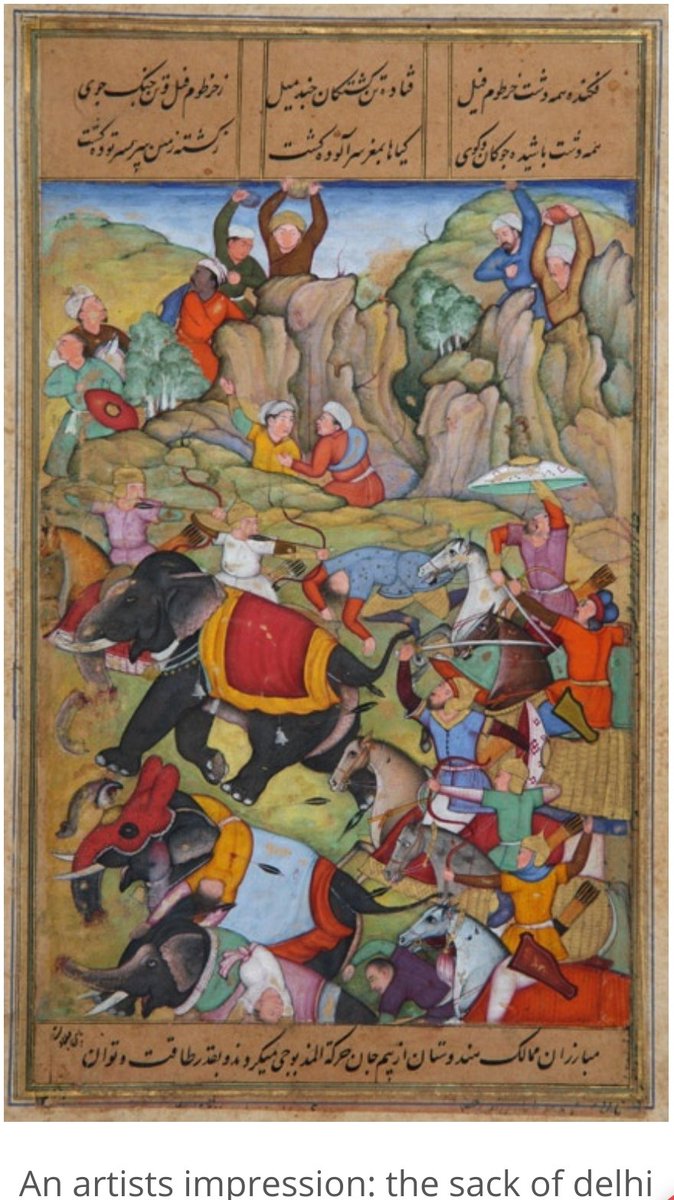But there were tricks that I learned about getting books from publishers. 2/x
I've gotten a few questions about this, so let me clarify and provide as much helpful information as this medium will allow.
To begin, both of my parents are MBA's and are assertive. They taught us four kids to be assertive. 1/x
Many underestimate the generosity of (most) publishers. I probably got $10,000 worth of free books during my 4 years in Durham by request exam or review copies. Sometimes, I just emailed a publisher and said, "I need this book, but I can't afford it. Can you help me out?"
— Stephen D. Campbell, Dr. theol. (@the_OT_Campbell) December 13, 2020
But there were tricks that I learned about getting books from publishers. 2/x
Some (like JHS) have no word limits, b/c they're online.
Some (like Vetus Testamentum) will happily publish 100 word reviews and 2,500 word review essays. 8/x
Fortress: Don't bother unless you get a review editor to get the book for you.
Routledge: I'm still waiting on them to reply to an email from 4 years ago. So I don't try. 11/x
Yale: They've made me jump through some crazy hoops to get books. I've had luck getting exam copies. 12/x
IVP: Not sure. They don't publish in Germany, so I've been able to get some ebooks, but nothing in print. 13/x
Westminster/John Knox: Not generous. You can sometimes convince them to give you a temporary digital copy.
OUP/CUP: You better know where the review will be published. If you do, then you have a good chance. 14/x
Eerdmans: They are generous, but their generosity has limits of how many exam copies you can get in a year. 15/x
Lexham: Very generous.
SBL: haven't tried.
Eisenbrauns: They are a very small press and not super generous. You have to be submitting to a high level journal. 16/x
Peter Lang: I don't bother asking anymore. They've always said no, unless it was the journal asking for me. 17/x
Mohr Siebeck: Also VERY generous. I've never been denied a request.
V&R: Less generous, but I've had recent luck since my PhD was completed. I told them exactly where the review will go. 18/x
Notre Dame UP: I stopped trying. I had luck once. But as I recall, they work very slowly.
Baylor Press: They are another small press that has to be careful with how many books they give away. Best to go through your review editor. 19/x
JPS: Never had luck with them either, unless the journal already had received the book from the publisher and the journal sent it to me.
Peeters: No luck there either. I suspect I'd have to go through the review editor. 20/x
More from Book
You May Also Like
1/Politics thread time.
To me, the most important aspect of the 2018 midterms wasn't even about partisan control, but about democracy and voting rights. That's the real battle.
2/The good news: It's now an issue that everyone's talking about, and that everyone cares about.
3/More good news: Florida's proposition to give felons voting rights won. But it didn't just win - it won with substantial support from Republican voters.
That suggests there is still SOME grassroots support for democracy that transcends
4/Yet more good news: Michigan made it easier to vote. Again, by plebiscite, showing broad support for voting rights as an
5/OK, now the bad news.
We seem to have accepted electoral dysfunction in Florida as a permanent thing. The 2000 election has never really
To me, the most important aspect of the 2018 midterms wasn't even about partisan control, but about democracy and voting rights. That's the real battle.
2/The good news: It's now an issue that everyone's talking about, and that everyone cares about.
3/More good news: Florida's proposition to give felons voting rights won. But it didn't just win - it won with substantial support from Republican voters.
That suggests there is still SOME grassroots support for democracy that transcends
4/Yet more good news: Michigan made it easier to vote. Again, by plebiscite, showing broad support for voting rights as an
5/OK, now the bad news.
We seem to have accepted electoral dysfunction in Florida as a permanent thing. The 2000 election has never really
Bad ballot design led to a lot of undervotes for Bill Nelson in Broward Co., possibly even enough to cost him his Senate seat. They do appear to be real undervotes, though, instead of tabulation errors. He doesn't really seem to have a path to victory. https://t.co/utUhY2KTaR
— Nate Silver (@NateSilver538) November 16, 2018























